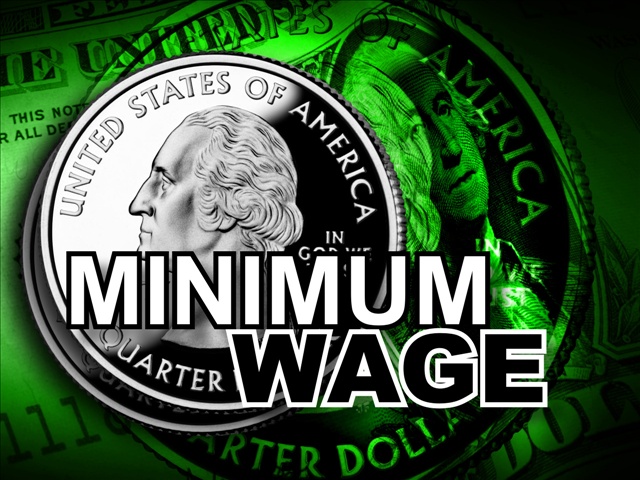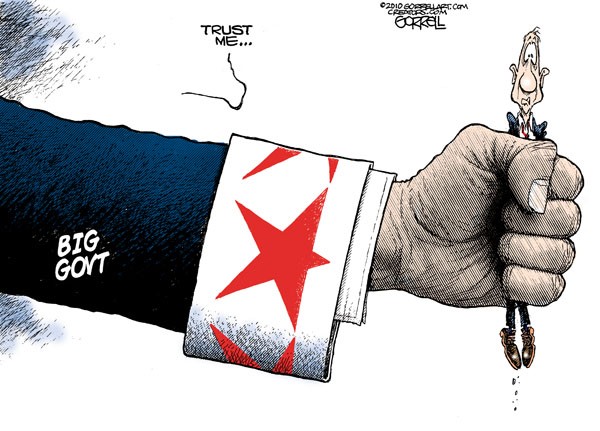‘Out of Touch With America’: Biden’s Small Business Budget Makes No Mention of Inflation
While the Biden administration’s small business budget references environmental initiatives more than 20 times, it makes no mention of inflation’s impact on businesses—a contrast that Republican lawmakers say shows a…

